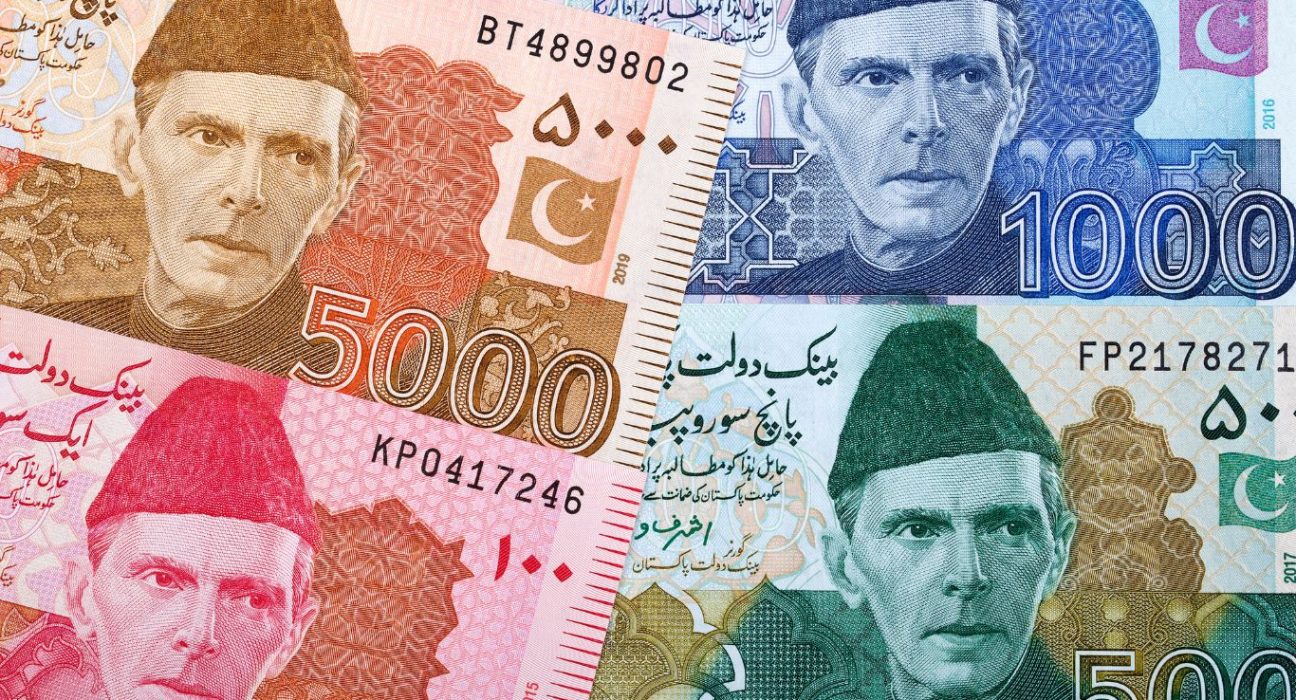The State Bank of Pakistan (SBP) announced on Thursday that it was raising its policy interest rate by 300 basis points (bps) to 20%, citing rising inflation and a widening current account deficit as the primary reasons for the move.
The central bank’s decision was met with mixed reactions from economists and market watchers. Some praised the move as a necessary step to curb inflation and stabilize the economy, while others warned that the high interest rates could stifle growth and discourage investment.
Pakistani Rupee Strengthens
Despite the mixed reactions to the central bank’s decision, the Pakistani rupee has strengthened against the US dollar in interbank trading. On Friday, the currency gained 2.38% to close at 278.46 rupees against the dollar.
The strengthening of the rupee is seen as a positive development for the country’s economy, as it could help to curb inflation by making imports cheaper. However, some experts caution that the gains may be short-lived if the central bank does not take additional steps to address the underlying economic issues.
Impact on the Economy
The SBP’s decision to raise the policy interest rate comes amid mounting concerns about inflation in Pakistan. Inflation has been on the rise in recent months, driven in part by rising food prices and supply chain disruptions caused by the COVID-19 pandemic.
The central bank hopes that the rate hike will help to slow inflation by making borrowing more expensive and encouraging people to save instead of spend. However, some experts worry that the high interest rates could also discourage investment and hamper economic growth.
In addition to inflation, Pakistan is also grappling with a widening current account deficit. The deficit has been driven in part by a surge in imports, as the country has had to import more goods to meet the demand for essential items like food and fuel.
The SBP’s decision to raise the policy interest rate could help to address the current account deficit by making imports more expensive and encouraging people to buy local products instead. However, some experts warn that the high interest rates could also discourage foreign investment and harm the country’s exports.
Conclusion
Overall, the SBP’s decision to raise the policy interest rate has generated mixed reactions from economists and market watchers. While the move is seen as a necessary step to curb inflation and address the current account deficit, some worry that the high interest rates could also stifle economic growth and discourage investment.
For now, the strengthening of the Pakistani rupee is seen as a positive development for the country’s economy. However, it remains to be seen how long these gains will last and whether the central bank will take additional steps to address the underlying economic issues.










